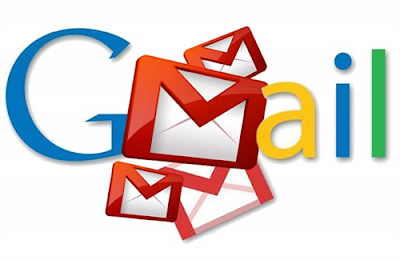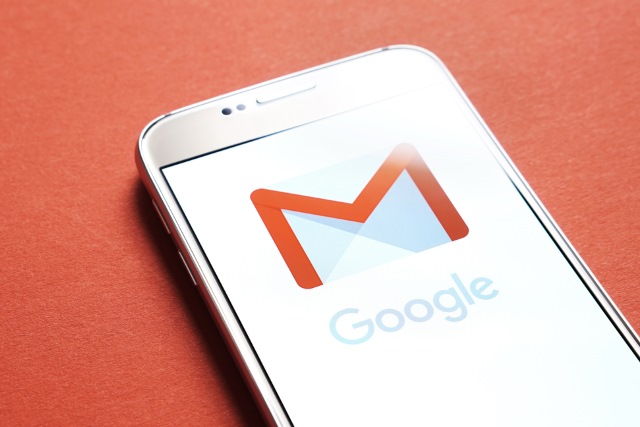Remark Google is wanting to add a few new security highlights to its omnipresent email benefit, Gmail, however they will accompany a cost – actually and allegorically.
Among the new highlights supposedly under thought are self-erasing messages and another "secrecy mode" that would keep messages from being printed or sent.
While those would appear to be helpful highlights, the subject obviously is: how might it really work? What's more, the appropriate response obviously is: by maneuvering Gmail into a walled plant, far from open email conventions and into a unique Google framework where the Chocolate Factory controls everything.
In the event that you get an email from somebody utilizing a Gmail address and furthermore utilize Gmail to get and send email, at that point the framework will seem quite consistent. It will just vanish as well as not enable you to forward or print.
In any case, in the event that you maneuver email into an alternate email program, you will rather be given a connection to the Gmail message. That connection enables Google to control the end result for that email (which, obviously, the client will choose) however it includes some significant downfalls: open principles and email.
It likewise uncertain whether this component will be taken off to clients of the free Gmail benefit or will be something just made accessible to clients of Google's corporate, paid-for G Suite.
As of now, there are two corporate alternatives: $10 per client every month for boundless capacity, and $25 per client every month for Gmail with extra fancy odds and ends, for example, extra security and reviewing capacities.
Esteem chain
Google has been pushing its paid-for email for quite a while and a year ago bragged three million paid clients. The extra security from self-erasing messages and the capacity to avoid email forward or printing will have an incentive for corporate customers; less so for purchasers.
So Google seems to push individuals toward its paid-for email show while in the meantime bolting them into its eco-framework. Something that would seem to conflict with the organization's for some time held open web ethos.
Most likely Google will contend that if such administrations were conceivable through existing email measures, it would receive them instead of build up a walled plant. Be that as it may, the expanding business push is additionally exemplified by a push to include another its going too far items – AMP – into Gmail.
AMP is Google's pseudo-open method for accelerating the portable web by inspiring distributers to give their substance in a Google-accommodating manner utilizing its own particular unique HTML labels and stripping out unessential code (like heaps of JavaScript).
Google says this is an "open structure fabricated totally out of existing web innovations," regardless it furnishes it with an adaptation of your substance that most suits it and which it would then be able to assemble its frameworks around to look and work better. What's more, obviously, distributers utilize AMP since Google ensures that AMP variants seem higher up in its inquiry benefit.
Google blogged that it was "Conveying the energy of AMP to Gmail" by utilizing its extraordinary HTML labels to accomplish more with messages. "With AMP for Email, you'll have the capacity to rapidly take activities like present a RSVP to an occasion, plan an arrangement, or round out a survey ideal from the email message," the web mammoth energetically guaranteed in February, while advancing another conceivably valuable element: "AMP for Email will likewise make it feasible for data to effectively stayed up with the latest, so messages never get stale and the substance is exact when a client takes a gander at it."
Cultivating
But obviously, with its security additional items, now organizations will create Google-particular variants of data to be utilized inside a Google walled plant. Which is incredible news for Google and anybody that needs to utilize just its items. Less so for every other person and aficionados of open web benchmarks.
Maybe this was inescapable: once Google had figured out how to get a major cut of the email showcase, it is just sensible that the cash influencing society to begin taking a gander at approaches to pull in extra income.
How about we not overlook that Gmail was progressive: it ousted the paid-email advertise when it essentially disposed of the weight point that each other organization was utilizing: capacity. When you had a specific number of messages in your inbox, you either needed to erase them or pay for an exceptional item.
Since nobody could be tried to experience a huge number of messages, individuals simply paid. However, Google detonated that capacity necessity, successfully influencing email to free once more. Presently, we are making a beeline for a paid-for showcase.
But this time Google has constructed such a large number of extra administrations over it – much obliged to individuals readily doing Google's offering with its own particular principles – that it has a stranglehold available.
Peculiarly however, there is one thing that the organization proceeds to not offer, despite the fact that a considerable lot of its clients have made it plain they need it and would even pay for it: end-to-end encryption.



Comments
Post a Comment